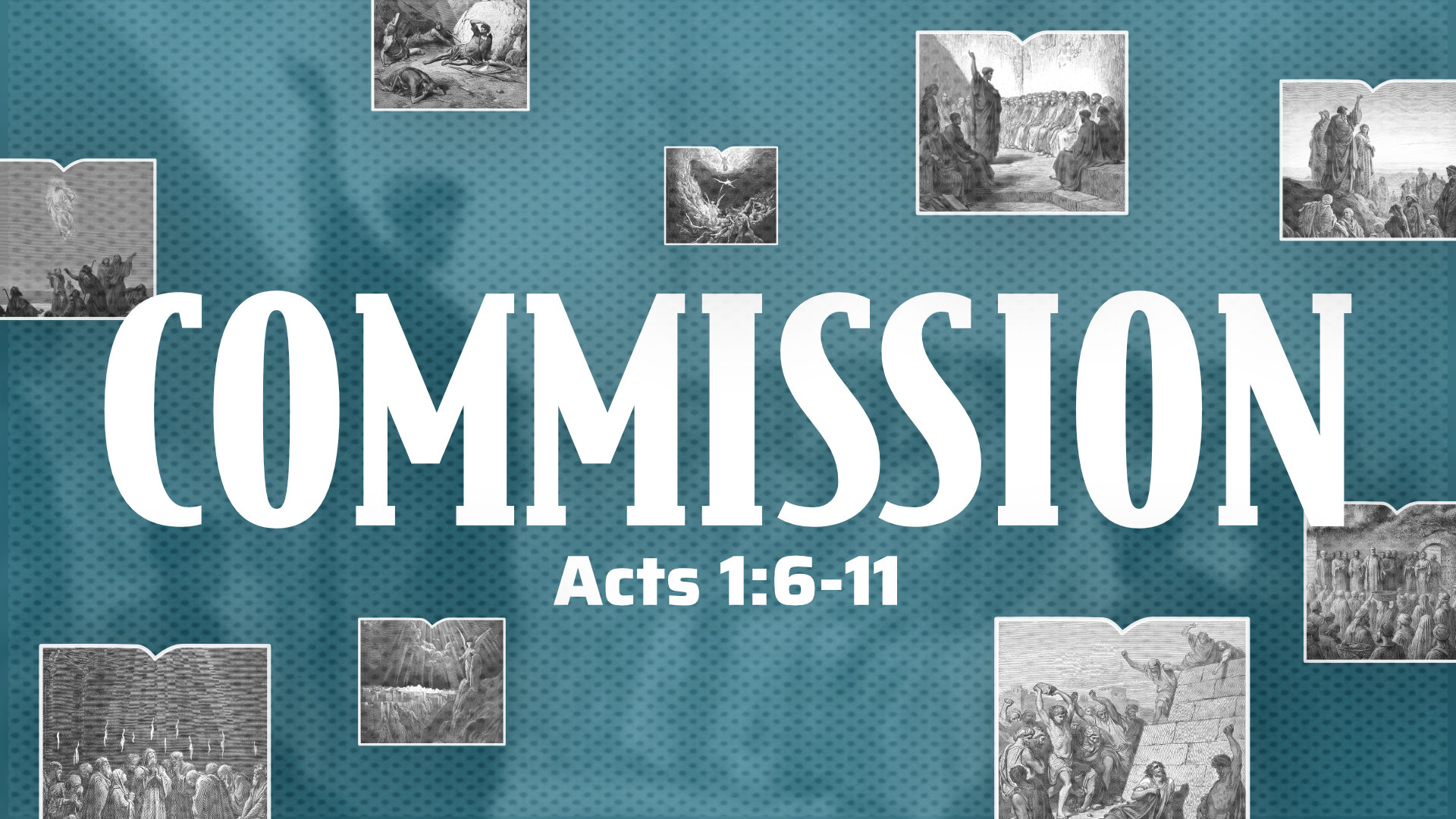Cults: Part 1
These organizations base their claims on deceit and false teachings. When we know the gospel and how to interpret God’s Word, we avoid making dangerous claims in the name of the Bible without capturing its message.
Missions
Cults: Part 1
These organizations base their claims on deceit and false teachings. When we know the gospel and how to interpret God’s Word, we avoid making dangerous claims in the name of the Bible without capturing its message.
Cult Behaviors
- A cult is a religious group that differs significantly in one or more respects as to belief or practice from those religious groups that are regarded as normative. some text
- The beliefs and practices in a cult can be described as strange and sinister.
- Often, the group is led by one very charismatic and self-appointed leader.
- This leader often uses their position to gain extra power, social control, and abnormal allegiance from their followers.
Christian Perspective
- Regarding their beliefs, some cults use confusing language to keep followers, and others twist or deny biblical doctrines.
- Sometimes, a cult will identify itself with normative religions, such as Christianity, but what they mean is entirely different.
- Any group, whether labeled a cult or not, that expects a following but is teaching unbiblical doctrines is one to be cautious of.
Confusing Messages
- Rather than prioritizing studying the truth, these cults use misleading vocabulary that can sound believable to those seeking spiritual understanding.
Jehovah's Witnesses and the Watchtower Bible
- They do not believe God is one being with three persons: the Father, Son, and Holy Spirit. some text
- Ex: John 1 is omitted from the Scripture, identifying Jesus as God in the flesh.
- The Watchtower publication is how Jehovah’s Witnesses study and learn doctrine. This type of learning is based on critical thinking and self-discovery.
- The followers learn scripted answers to complex questions that sound right to those without knowledge of the truth.
The Church of Jesus Christ of Latter-Day Saints
- The inclusion of Jesus Christ in their church name confuses many followers, who think they are joining a Christian church. However, under the surface, their beliefs express something entirely different.
- The LDS church believes that the Heavenly Father is the one god of this world. However, Jesus and the Holy Spirit are separate gods.
- They believe God was a man first and then elevated to god.
- If Mormons follow their plan of salvation, they will be exalted to a god, too.
- Mormons believe that Jesus is an excellent example of how to earn salvation through their good works.
- Their exaltation to the status of god in the afterlife depends on their good works in this life and their participation in rituals in the LDS church. some text
- Followers who leave the church are excommunicated from their existing relationships, including family members.






































